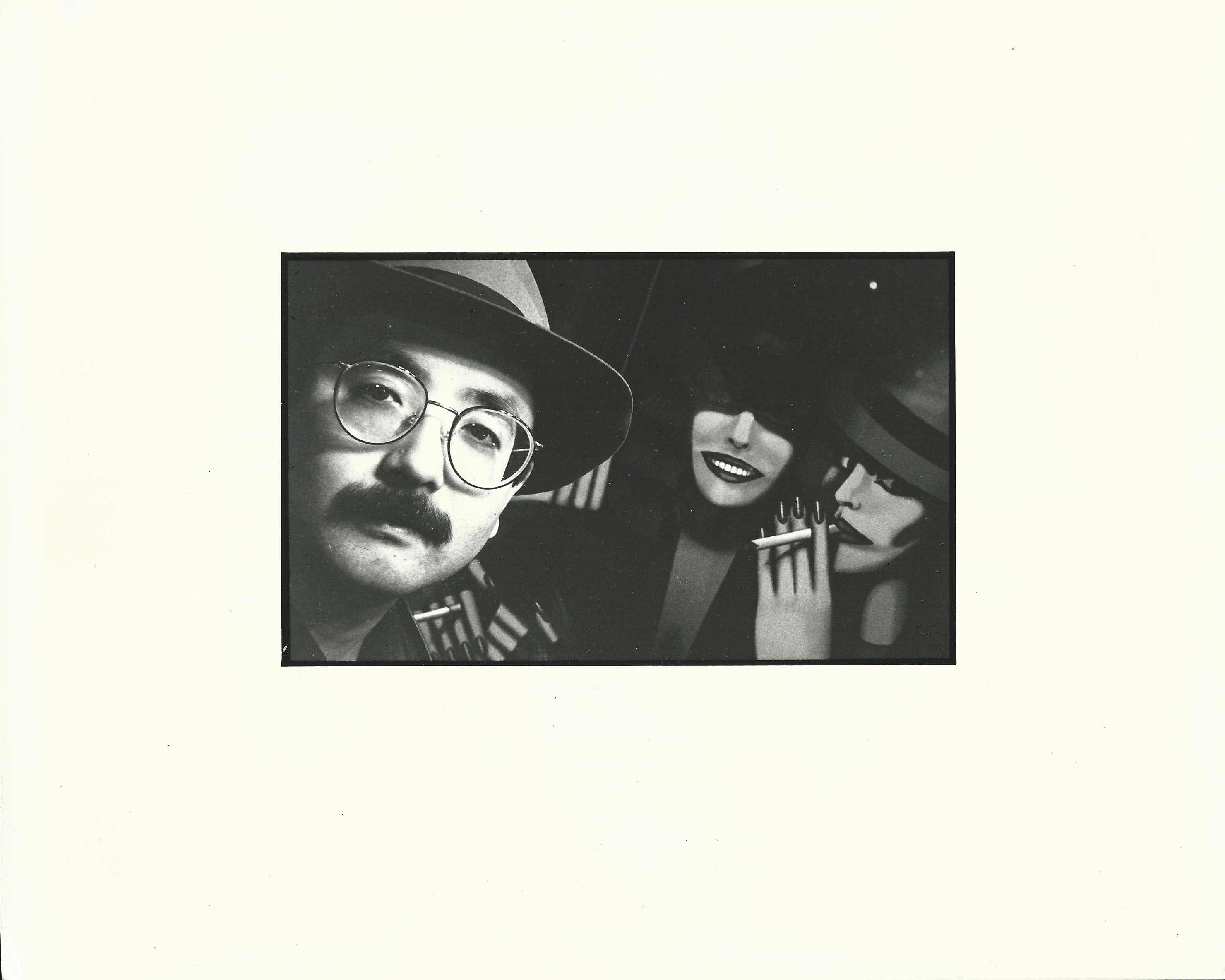Necessary cookies help make a website usable by enabling basic functions like page navigation and access to secure areas of the website. The website cannot function properly without these cookies.
We do not use cookies of this type.
Marketing cookies are used to track visitors across websites. The intention is to display ads that are relevant and engaging for the individual user and thereby more valuable for publishers and third party advertisers.
We do not use cookies of this type.
Analytics cookies help website owners to understand how visitors interact with websites by collecting and reporting information anonymously.
We do not use cookies of this type.
Preference cookies enable a website to remember information that changes the way the website behaves or looks, like your preferred language or the region that you are in.
We do not use cookies of this type.
Unclassified cookies are cookies that we are in the process of classifying, together with the providers of individual cookies.
We do not use cookies of this type.






 There are very few non-fiction books that I would insist that anyone interested in Asian American history and culture must read. There are other important books, but these are the ones that have helped me form my sense of identity as an Asian American.
They include Helen Zia's "
There are very few non-fiction books that I would insist that anyone interested in Asian American history and culture must read. There are other important books, but these are the ones that have helped me form my sense of identity as an Asian American.
They include Helen Zia's " Oh, the wisdom of lawmakers. Especially in Texas. Texas state representative
Oh, the wisdom of lawmakers. Especially in Texas. Texas state representative